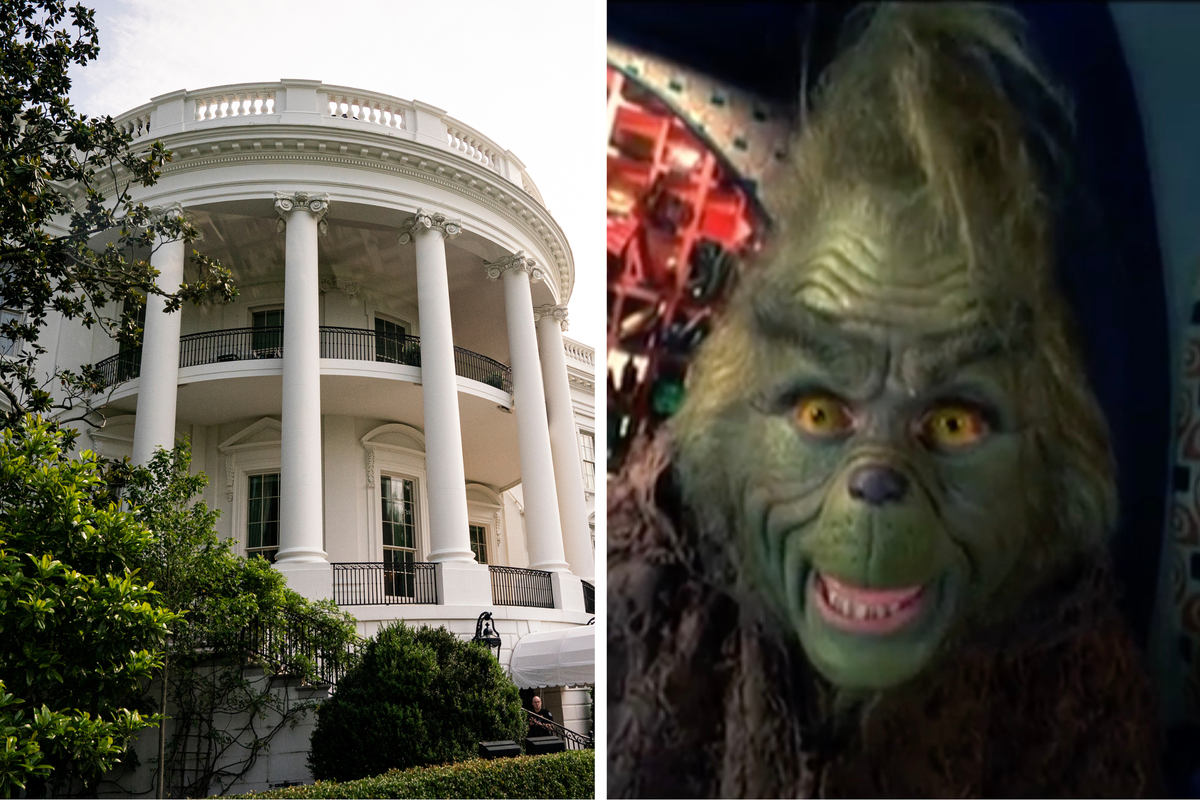News
Mimi Launder
Nov 17, 2017

Picture:
Getty Images / Pascal Le Segretain / Staff
If you think you know it all, it turns out you probably don't.
That sounds cryptic, we know, but bear with us.
Admitting to your dumb moments might actually show that you're smart person.
A Duke University study tested participant's awareness that they might occasionally be wrong about things - for example, by asking them to critique an essay or weigh up contradictory evidence.
In these experiments, intellectually humble (in other words, open-minded) people were found to be:
- Better at assessing evidence.
- Less judgemental, staying away from personal attacks.
- Tended to stick to their principles once they are established.
The research might even offer a potential solutions to negative politics.
Sure, it sounds a big ask to get the political world to be intellectually humble - but it might be easier than you'd think.
The research found that liberals and conservatives are equally capable of the trait, meaning widespread cultural change could be possible.
Professor Mark Leary, the study's lead author, said in a statement:
If you think about what’s been wrong in Washington for a long time, it’s a whole lot of people who are very intellectually arrogant about the positions they have, on both sides of the aisle.
But even in interpersonal relationships, the minor squabbles we have with our friends, lovers and coworkers are often about relatively trivial things where we are convinced that our view of the world is correct and their view is wrong.
Leary added:
Not being afraid of being wrong – that’s a value, and I think it is a value we could promote.
I think if everyone was a bit more intellectually humble we’d all get along better, we’d be less frustrated with each other.
Admitting when you're wrong can even shape you into a better leader.
If you’re sitting around a table at a meeting and the boss is very low in intellectual humility, he or she isn’t going to listen to other people’s suggestions.
Yet we know that good leadership requires broadness of perspective and taking as many perspectives into account as possible.
There might be hope after all.
HT PsyBlog
More: Smart people are more likely to suffer from mental illness
Top 100
The Conversation (0)














